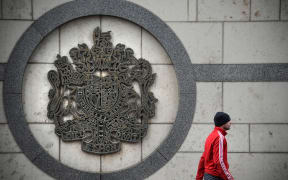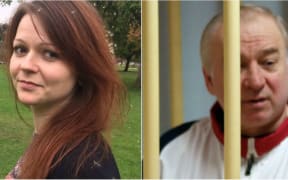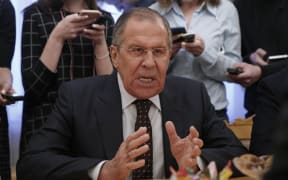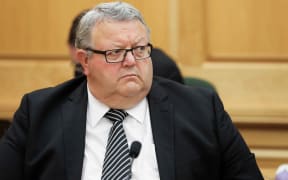By David Townsend *
Opinion - "A week is a long time in politics" remarked the late Harold Wilson, British Prime Minister in the '60s and '70s, after a particularly trying time.
So three weeks must seem like an eternity to Theresa May, the current British PM, as the poisoning case of the Skripals - father and daughter, by as yet unknown operatives in Salisbury - continues.
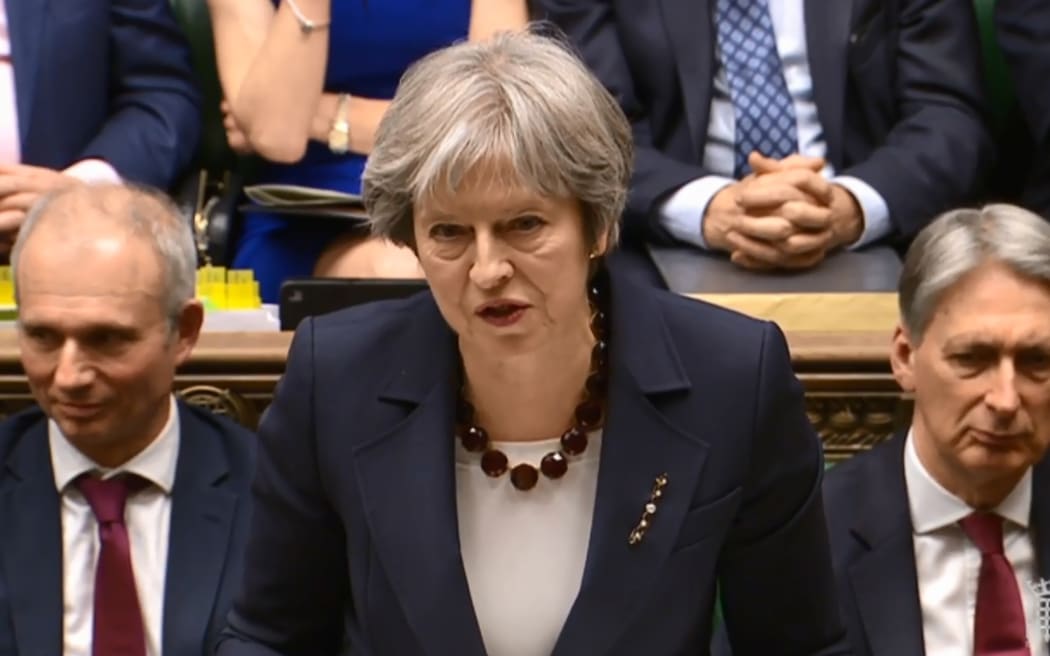
Britain's Prime Minister Theresa May making a statement on Britain's response to a March 4 nerve attack on a former Russian double agent. Photo: AFP PHOTO / PRU
The case was referred for investigation to the UN-backed Organisation for the Prevention of Chemical Weapons (OPCW) of which Russia is a member. That was the bureaucratic (and probably most useful) part of Britain's swift response.
In the immediate aftermath of the poisonings, things seemed to be going well politically for Mrs May and the government.
Britain had persuaded, on the secret intelligence evidence it had revealed to those who would listen (not including China or any other Asian or any African country), that Russia was to blame and should be punished diplomatically.
A kind of Top of the Pops Medals list of expelled Russian diplomats was published day by day to a fascinated world.
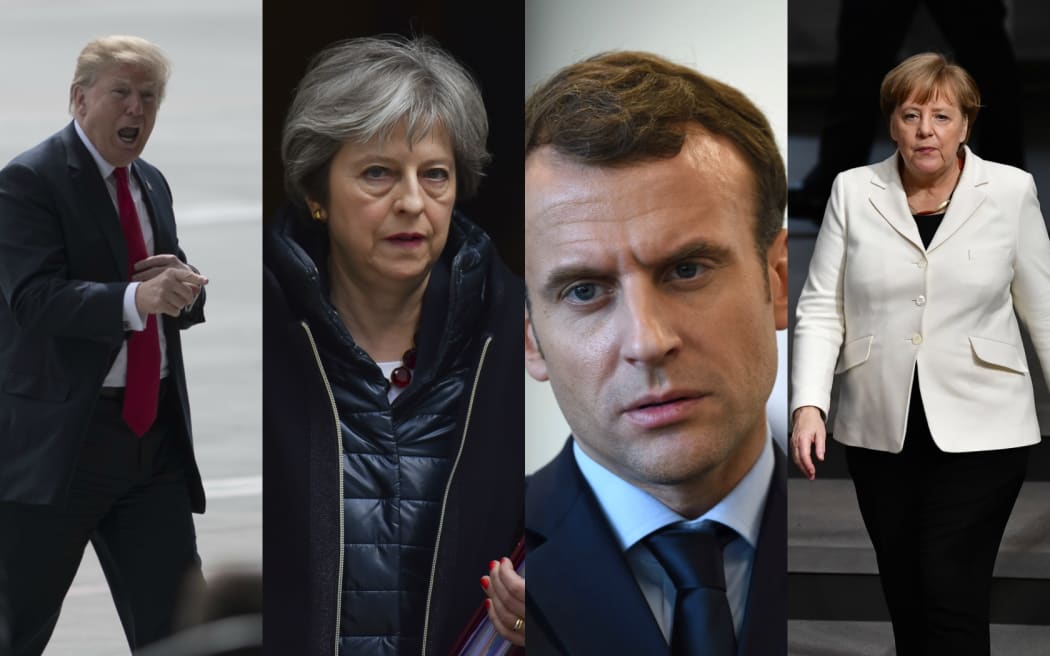
US President Donald Trump, British Prime Minister Theresa May, French President Emmanuel Macron, and German Chancellor Angela Merkel. Photo: AFP
Number one was the USA with 60 (a reflection that President Trump has no regard for any diplomacy but his own). Britain were runners up with 23 (by comparison, in the 1970s Britain expelled over 100 Soviet diplomats for something far less heinous).
For the first time since Britain voted to leave the EU Mrs May praised the EU, for standing shoulder to shoulder with Britain. France and Germany had expelled just eight diplomats between them. They have more important economic interests to protect in respect of Russia.
In New Zealand, no diplomats were identified by the SIS as spies. So no expulsions. There was a storm of outrage by local and regular expert academic world media commentators: enough to fill a teacup. One thought New Zealand should follow the herd and stick with our allies. Ah yes, we all remember Vietnam. Another thought it made New Zealand seem far too unimportant in world affairs. As if.
However the whole process of investigation has not been helped by British Foreign Secretary Boris Johnson who, as usual in his work on behalf of Britain, exhibited only a faint connection to facts.
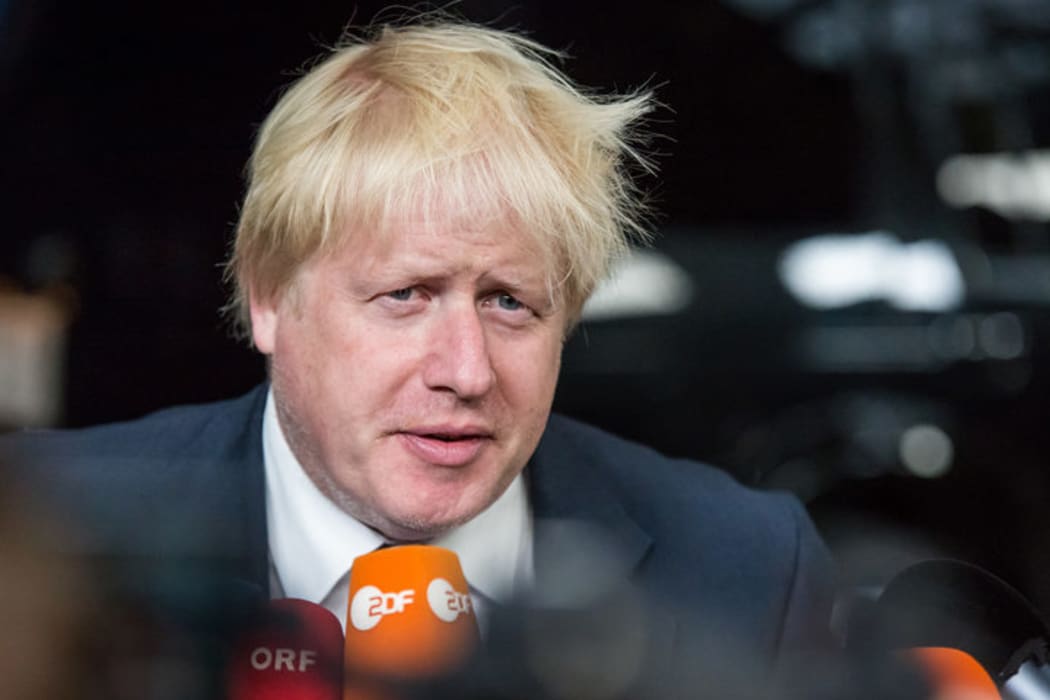
Boris Johnson Photo: AFP
On German TV he said he had been assured personally by the scientists at Porton Down, Britain's chemical and germ warfare establishment that it was "categorically 101 percent" certain that Russia made the Novichok nerve agent and ergo delivered it to the Skripals.
This week the chief executive of Porton Down said that he had not said that. All he could say was that the nerve agent was of the Novichok type. But not "categorically' that it was Russian made.
Who delivered it and whether by car ventilation system, front door handle or bunch of flowers is not part of Porton Down's investigative remit.
Not content with one own goal Johnson delivered a second and the Foreign Office admitted it had deleted a "tweet" about Porton Down saying Russia was responsible for the poisonings.
2-0 and Russia is on the attack, demanding a meeting of the UN Security Council next week and - in a failed move this week - trying to get the OPCW to allow Russia to present evidence.
All OPCW scientific investigations are independent to prevent just such interference. However, when and if the OPCW reports it will probably only be able to say if the nerve agent was Russian made: that in itself is a step forward.
For other conclusions we are left to rely on the "intelligence" services. The chaps who, British people are all too aware, sold the fiction of Iraqi weapons of mass destruction to justify bloody involvement there.
Garrison Keillor remarked that: "Intelligence is like four wheel drive. It enables you to get stuck in remote places".
* David Townsend is an ex-UK Parliamentary Labour candidate, a former Labour ministerial speech writer & special adviser and contributor to The Guardian, The Independent and The Times.
